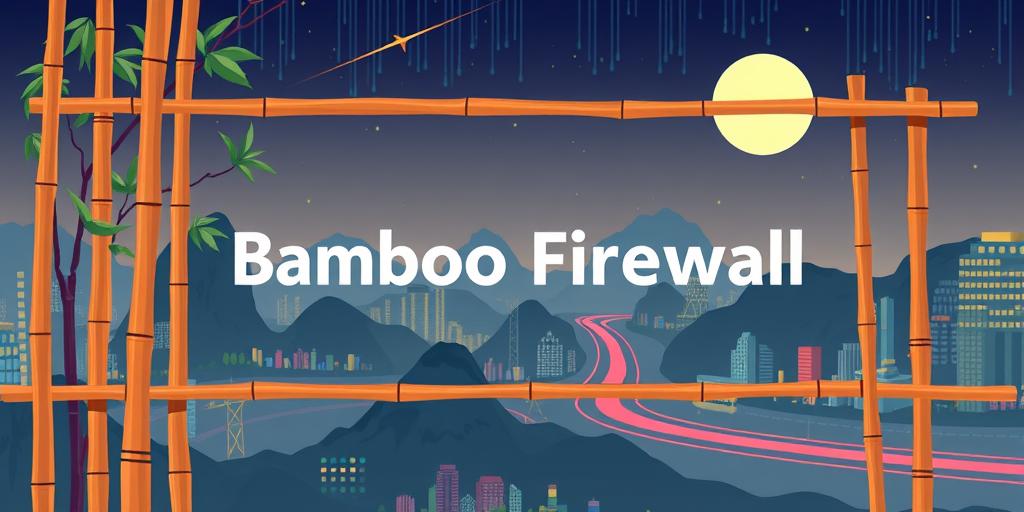Vietnam's internet landscape is heavily regulated, leading to the coining of the term 'Bamboo Firewall' to describe its online restrictions. This system, while not as widely known as China's Great Firewall, significantly impacts internet users within the country. This article explores the nature of these restrictions, their implications, and methods for navigating them.
What is the Bamboo Firewall? The Bamboo Firewall refers to the Vietnamese government's efforts to control and censor online content. This control is enforced through various legal and technical measures, including:
- Website Blocking: Access to certain websites and social media platforms is restricted.
- Content Removal: The government actively removes content deemed critical of the state or that violates vaguely defined laws.
- Surveillance: Online activities are monitored, and individuals expressing dissenting views can face consequences.
- Licensing and Regulation: Strict regulations are imposed on internet service providers and online media outlets.
Implications for Internet Users The Bamboo Firewall affects various aspects of internet usage in Vietnam:
- Limited Access to Information: Access to diverse perspectives and critical information is restricted.
- Self-Censorship: Users may avoid expressing opinions on sensitive topics to avoid potential repercussions.
- Reduced Online Freedom: The ability to freely communicate and access information is curtailed.
- Impact on Business and Innovation: Restrictions can hinder the development of online businesses and limit access to global markets.
Navigating the Restrictions Despite the challenges, several methods can be employed to circumvent the Bamboo Firewall:
- Virtual Private Networks (VPNs): VPNs encrypt internet traffic and route it through servers in other countries, masking the user's IP address and location. This can allow access to blocked websites and protect online privacy.
- Proxy Servers: Similar to VPNs, proxy servers act as intermediaries between the user and the internet, allowing access to blocked content. However, they may not offer the same level of encryption as VPNs.
- Tor Browser: Tor is a free and open-source browser that anonymizes internet traffic by routing it through a network of relays. This makes it difficult to trace online activities back to the user.
- Circumvention Tools: Various other tools and techniques, such as anti-censorship software and alternative DNS servers, can be used to bypass restrictions.
The Future of Online Freedom in Vietnam The future of online freedom in Vietnam remains uncertain. While the government continues to tighten its grip on the internet, there is also growing awareness and demand for greater access to information and freedom of expression. The ongoing struggle between control and freedom will likely shape the country's internet landscape in the years to come. By understanding the nature of the Bamboo Firewall and the methods for navigating it, internet users in Vietnam can take steps to protect their online privacy and access the information they need.









